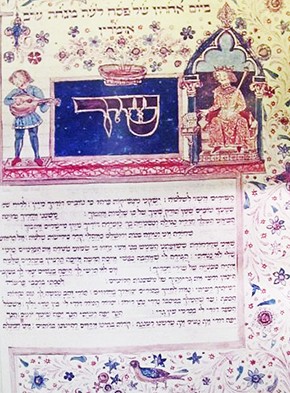Song for a time of terror

When the bombs exploded at the finish line of the Boston Marathon, I was a few miles away, sitting around a table with colleagues from near and far, discussing the Song of Songs. We were a small group of scholars from a wide range of disciplinary perspectives, but we all love the Song, even though we read it in very different ways. What I loved about this gathering is that when a presenter at one end of the table would start quoting from the Song, a murmur would rise up around the table as others joined in. The Song of Songs was pressed into each person’s memory, written on each heart through long study. That morning, one participant commented joyfully, “Everyone here loves the Song as much as I do!”
By the time we broke for coffee, the bombs had exploded. The heroes had already run toward the blasts, torn off their clothes and tied them around the wounded bodies of strangers. Lives had already been irrevocably changed.
Word of the attack spread quickly. The host of the conference had a nephew running in the race; his family was there cheering him on. We found out that the nephew and family were safe. We passed this good news around, along with rumors that later turned out to be false: that the bombs had been in trashcans and that the police had dismantled two others. Some rumors turned out to be true: many people were badly hurt; legs had been shattered; people had died.





